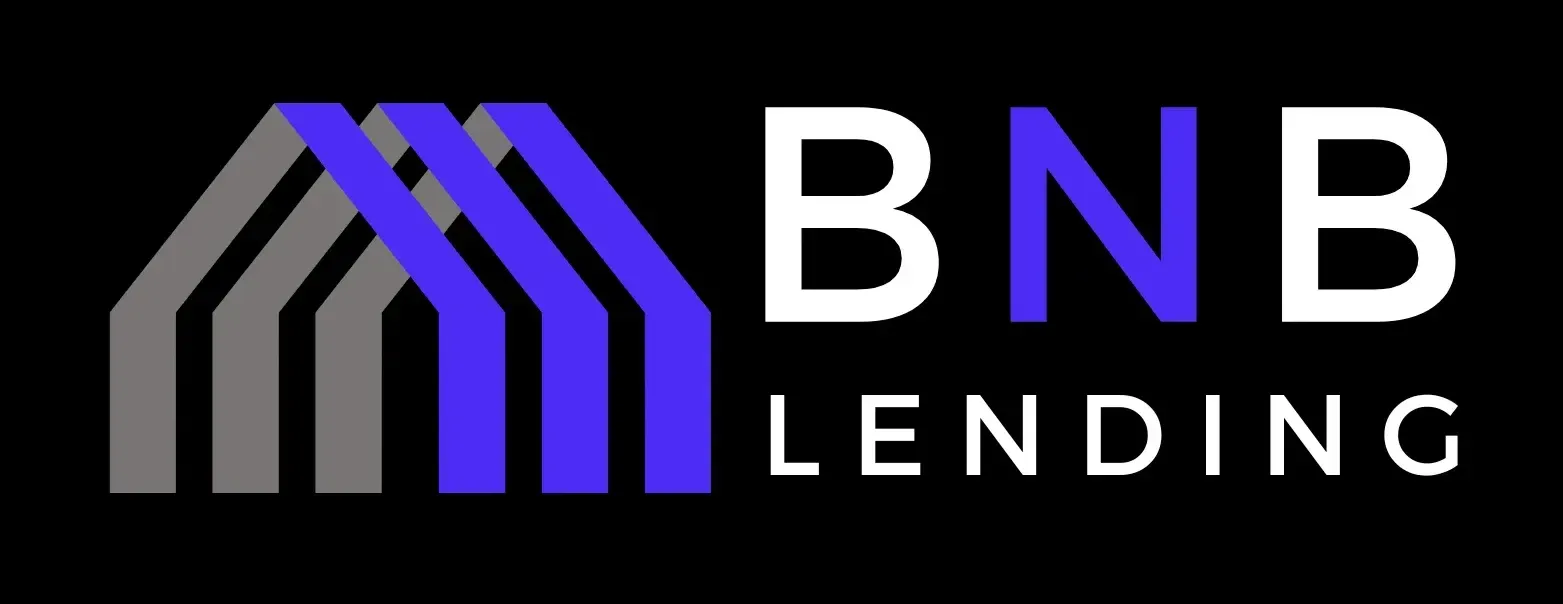
Connecticut DSCR Loans for STR Financing
Grow Your Portfolio with DSCR Loans
Whether you're purchasing rentals in Hartford, expanding into New Haven, or targeting high-demand coastal STRs in Stamford, our DSCR loans
give Connecticut investors the flexibility and competitive terms needed to scale. Connecticut DSCR loans let you qualify based on rental income rather than tax returns or W-2s. We base approval on the property’s cash flow and its ability to cover the debt service.
How to qualify
To obtain a quote, we will need the following information:
Property Value and
Purchase Price
Down Payment
Amount
Credit Score
Asset Types
- Single Family Homes
- Townhomes
- Condos
- 2 - 4 Units (Duplex, Triplex, Quadplex)
- Multi-Family: 5 - 8 Units
- Mixed-Use: 2 - 8 Units
- Multi-Family: 9+ Unit
Loan Terms
- Loan Sizes:
$100k up to $3.5 Million (Larger loan sizes available on a case by case basis)
- Purchase LTV:
Up to 85%
- Rate & Term Refinance LTV:
Up to 80%
- Cash Out Refinance LTV:
Up to 80%
- Amortization:
30 Year % 40 Year Amortization Options Available
- Term Lengths:
5/6 ARMs, 7/6 ARMs, 10 Year Interest Only, 30 Year Fixed & 40 Year Fixed
- Floor Rate:
5.50% (subject to change daily due to market volatility)
- Full Recourse
with personal guarantee required for all borrowers with majority ownership (typically 20%+ or 25%+ if closing in an Entity)
- DSCR Requirement: 1.00x or greater depending on loan size and property type. Sub-1.00x DSCR and NO DSCR options available.
- Vesting:
Lending to Individuals, LLCs, and Corporations. Trusts Allowable on a Case by Case Basis.
- Average Time to Close:
14 to 35 days
Wondering if you qualify for investment property financing in your area?
Frequently Asked Questions
What is a DSCR loan and how does it work for Connecticut real estate investors?
A DSCR loan (Debt Service Coverage Ratio loan) is a real estate financing option that bases approval on the property’s rental income instead of the borrower’s W-2s or tax returns. Lenders evaluate whether the rental cash flow can cover monthly debt obligations like mortgage, taxes, and insurance. This structure is ideal for investors with complex financials or growing portfolios. In Connecticut, where investors target rental properties in areas like Hartford, Stamford, and New Haven, DSCR loans offer a straightforward way to qualify without being limited by traditional income documentation.
How is DSCR calculated in a typical loan scenario for Connecticut investors?
In Connecticut, DSCR is calculated by dividing the property's net operating income (NOI) by the total annual debt service. For example, if a Connecticut rental earns $90,000 in NOI and carries $75,000 in yearly mortgage, taxes, and insurance costs, the DSCR would be 1.20. This means the property generates 20% more income than needed to cover its loan. Most Connecticut lenders require at least a 1.00 DSCR, but a stronger ratio—around 1.25—is preferred for favorable rates and fewer reserve requirements. Understanding how DSCR works in Connecticut helps investors in markets like Stamford, Hartford, and New Haven target cash-flow-positive properties that meet lending standards and support portfolio growth.
What is considered a good DSCR ratio when applying for financing?
In Connecticut, a good DSCR ratio typically begins at 1.20. While 1.00 is generally the minimum required by most lenders, a 1.20 DSCR signals strong income coverage and financial stability. Investors in Connecticut markets like Hartford, Stamford, or New Haven who maintain a higher DSCR often benefit from lower rates, fewer reserves, and faster underwriting. Understanding what qualifies as a good DSCR in Connecticut helps you evaluate rental opportunities more effectively and ensures that your property meets lender expectations for sustainable cash flow.
Can I qualify for a DSCR loan if my personal income is limited?
Yes, you can qualify for a DSCR loan even if your personal income is limited. DSCR loans, often referred to as Airbnb loans when used for short-term rental properties, are designed to approve borrowers based on the income the property generates—not personal W-2s, tax returns, or debt-to-income ratios. Lenders calculate the property's debt service coverage ratio to determine if the income is sufficient to support the loan. As long as the DSCR meets the required threshold—usually 1.00 or higher—you can often be approved regardless of personal income. This makes Airbnb loans ideal for self-employed investors, business owners, or anyone scaling a rental portfolio without relying on traditional underwriting standards.
How does a lender evaluate rental income when approving a DSCR loan?
In Connecticut, DSCR loan approval is based on the property’s rental income—not the borrower’s financials. Connecticut lenders rely on documentation such as market rent studies, signed leases, or short-term rental data to determine monthly income. That figure is used to calculate the DSCR by dividing it by the loan’s debt service. If the DSCR is at least 1.00, Connecticut investors may qualify even without traditional income verification. This structure makes DSCR loans in Connecticut attractive for investors with fluctuating or unconventional earnings. Understanding how rental income is evaluated in Connecticut ensures smoother financing for income-producing properties.
What’s the minimum debt service coverage ratio required for approval?
In Connecticut, DSCR loan approval generally requires a minimum ratio of 1.00, ensuring the property generates enough income to cover debt obligations. Some Connecticut lenders may consider loans with DSCRs as low as 0.75 if offset by strong reserves or borrower experience. However, Connecticut investors are more likely to receive favorable terms with a DSCR of 1.20 or higher. DSCR loans in Connecticut are commonly used in markets like Stamford, New Haven, and Hartford, where property performance can vary. Lenders in Connecticut assess DSCR closely, especially for STR or multifamily investments. Understanding Connecticut’s minimum DSCR requirements gives investors a clear path to approval and better financing conditions.
Who should consider using a DSCR instead of a traditional loan?
These loans are perfect for self-employed individuals, LLCs, and investors managing multiple properties. DSCR loans in Connecticut simplify the approval process by eliminating the need for personal income documentation. Whether you’re investing in Hartford or Stamford, Connecticut real estate investors can secure financing based on asset performance. This allows for faster expansion and fewer obstacles when building out a rental portfolio.
Looking to grow your portfolio beyond Connecticut? We also provide DSCR financing in nearby Northeast markets like New York , Massachusetts , and Rhode Island , giving you the flexibility to scale your investments throughout New England with the same streamlined approval process.
Disclaimer: DSCR loans are specialized real estate financing products and may differ from traditional mortgage loans or non-QM loans. Program terms, rate options, LTV limits, refinance opportunities, and rental property requirements can vary by lender. Some offerings may consider rental income, bank statement documentation, or other alternative guidelines used by DSCR lenders. All details provided here are for general information only and may change as market conditions, capital availability, and mortgage guidelines evolve. Always consult a qualified lender or financial professional before making investment or mortgage decisions.



